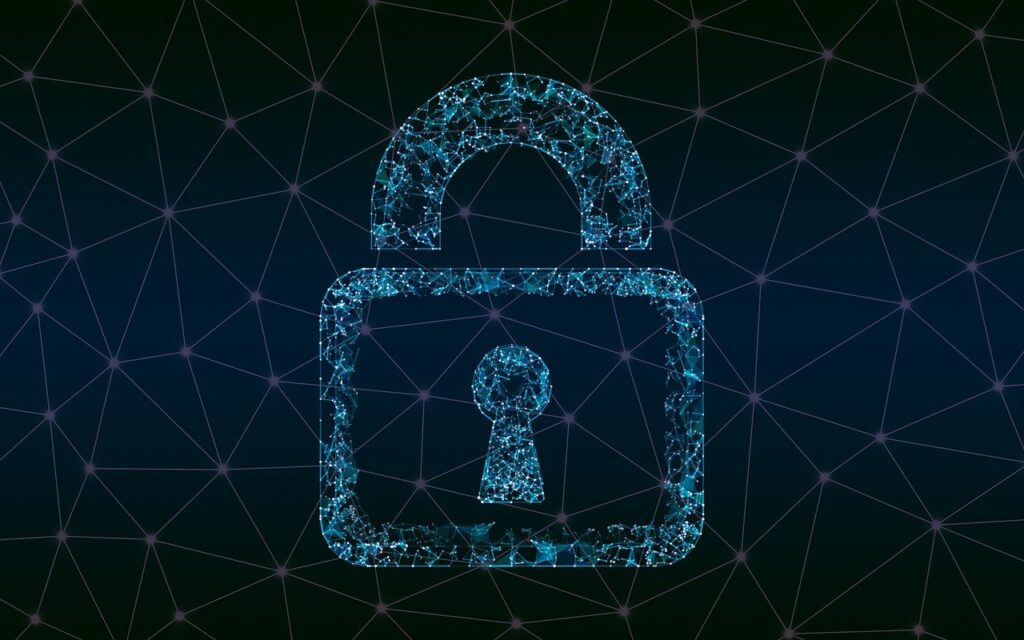

Since 2010, the Global Law Experts annual awards have been celebrating excellence, innovation and performance across the legal communities from around the world.
posted 1 year ago
On December 2, 2024, the Council of the European Union adopted two pivotal legislative measures aimed at bolstering the European Union’s (“EU”) cybersecurity framework, namely (1) the introduction of the Cyber Solidarity Act and (2) a targeted amendment to the Cybersecurity Act. Together, these laws represent a comprehensive approach to enhancing the EU’s collective resilience against escalating cyber threats whilst fostering an even stronger collaboration among Member States.
The Cyber Solidarity Act (the “Act”) introduces robust mechanisms designed to ensure the EU is better equipped to “detect, prepare for, and respond to cyber threats and incidents.”[1]
Chief among the initiatives is the novel ‘European Cybersecurity Alert System’ (“Alert System”), an EU-wide network of national and cross-border ‘cyber hubs’. These hubs, supported by advanced technologies such as Artificial Intelligence (“AI”) and data analytic tools,[2] aim to implement real-time threat detection systems, pool and analyse cyber threat data, and facilitate information sharing across borders.[3] In addition to complementing and reinforcing the capabilities of key entities like CSIRTs and the EU-CyCLONe, the Alert System aims to produce high-quality, actionable cyber threat intelligence and aims to provide concrete recommendations to improve future responses.[4]
Another facet of the Act is the ‘Cybersecurity Emergency Mechanism’ (“Mechanism”)which is aimed to complement the Alert System and the cyber hubs, by enhancing the EU’s preparedness and response capabilities to cyber threats. Notably, a main component of the Mechanism is the inclusion of stress testing upon critical sectors such as healthcare, energy, and transport to identify and address potential vulnerabilities.[5] This is not the first instance of stress testing being introduced, as it has also been implemented under the Digital Operational Resilience Act, capturing Financial Entities within its scope (Read more here).
Additionally, the Mechanism establishes the ‘EU Cybersecurity Reserve’, a resource of private-sector incident response teams ready for deployment solely during significant, large-scale or large-scale-equivalent cybersecurity incidents.[6] The Mechanism also promotes ‘technical mutual assistance’, aimed at facilitating coordinated responses among Member States during emergencies. Furthermore, the ‘Incident Review Mechanism’ provides a structured evaluation process to assess the efficacy of response actions and the contributions of the cybersecurity reserve, cultivating a culture of continuous improvement in addressing cyber threats.
The targeted updates to the Cybersecurity Act reflect the increasing role of managed security services in the digital ecosystem. Key changes include:
The new provisions pave the way for EU-wide certification of services such as penetration testing, security audits, and incident handling. These certifications aim to standardise and elevate the quality of services across Member States. Most importantly, fragmentation within the internal market will be reduced, given that some Member States have initiated the adoption of national certification schemes for managed security services.
Recognising the critical role of small and medium enterprises within the EU’s economy, the amendments ensure accessible European Certification Schemes and resources to encourage their participation in the cybersecurity ecosystem.
It is to be noted that the dual legislative measures fall squarely within broader EU strategies, including:
The legislative acts are expected to come into effect 20 days post-publication in the EU’s Official Journal. Undoubtedly, their implementation marks a significant stride toward fortifying the EU’s digital resilience against an evolving cyberthreat landscape.
The Council of the European Union’s press release can be accessed here.
For more up to date legal insights follow us @GLE News
Author


No results available
posted 8 hours ago
posted 20 hours ago
posted 1 day ago
posted 1 day ago
posted 1 day ago
posted 2 days ago
posted 2 days ago
No results available
Find the right Legal Expert for your business
Global Law Experts is dedicated to providing exceptional legal services to clients around the world. With a vast network of highly skilled and experienced lawyers, we are committed to delivering innovative and tailored solutions to meet the diverse needs of our clients in various jurisdictions.

Thinking of buying property in Brazil? Start with a full legal safety net.
✔️ Check title and ownership history
✔️ Verify no debts or disputes
✔️ Confirm zoning and permits.
#BrazilProperty #RealEstateInvesting #LegalDueDiligence #ForeignInvestment #PropertyLaw #GlobalRealEstate #InvestmentRisk #BrazilLaw

When your international business faces financial distress, quick action is key! 🔑 Negotiating with creditors, restructuring debt, and understanding insolvency laws can help regain stability. Global Law Experts is here to guide you through your options.
🌍Explore the details on our website.
🔗Link in bio
#GlobalLawExperts #CommercialLaw #BusinessLaw #LegalAdvice #BusinessGrowth #LegalTips #BusinessStrategy #LegalCompliance #Law #LegalKnowledge #LegalAwareness #Law101 #LegalEducation #IntellectualProperty

Thinking of buying property in Brazil? Don’t stop at the contract or key handover. Make sure the title is officially registered before calling it yours.
#BrazilRealEstate #PropertyLaw #GlobalInvestment #ForeignInvestors #LegalTips #DueDiligence #RealEstateRegistration #SecureInvestment

Getting a termination notice right now? Know your rights. Valid reason, fair process, proper notice they matter. Don’t let a bad dismissal walk away without accountability.
#EmploymentLaw #WorkerRights #Termination #LaborLaw #FairDismissal #WorkplaceJustice #LegalAwareness #GlobalWorkforce

Running a business is hard enough — lawsuits shouldn’t make it harder. 🚫 Protect your business with the right legal strategies and expert tools from Global Law Experts. Let’s secure your future together! 💼
🌍Explore the details on our website.
➡️www.globallawexperts.com
#GlobalLawExperts #CommercialLaw #BusinessLaw #LegalAdvice #BusinessGrowth #LegalTips #BusinessStrategy #LegalCompliance #Law #LegalKnowledge #LegalAwareness #Law101 #LegalEducation #IntellectualProperty #Infringed #Ecommerce #LegalBranding
Global Law Experts is dedicated to providing exceptional legal services to clients around the world. With a vast network of highly skilled and experienced lawyers, we are committed to delivering innovative and tailored solutions to meet the diverse needs of our clients in various jurisdictions.

Thinking of buying property in Brazil? Start with a full legal safety net.
✔️ Check title and ownership history
✔️ Verify no debts or disputes
✔️ Confirm zoning and permits.
#BrazilProperty #RealEstateInvesting #LegalDueDiligence #ForeignInvestment #PropertyLaw #GlobalRealEstate #InvestmentRisk #BrazilLaw

When your international business faces financial distress, quick action is key! 🔑 Negotiating with creditors, restructuring debt, and understanding insolvency laws can help regain stability. Global Law Experts is here to guide you through your options.
🌍Explore the details on our website.
🔗Link in bio
#GlobalLawExperts #CommercialLaw #BusinessLaw #LegalAdvice #BusinessGrowth #LegalTips #BusinessStrategy #LegalCompliance #Law #LegalKnowledge #LegalAwareness #Law101 #LegalEducation #IntellectualProperty

Thinking of buying property in Brazil? Don’t stop at the contract or key handover. Make sure the title is officially registered before calling it yours.
#BrazilRealEstate #PropertyLaw #GlobalInvestment #ForeignInvestors #LegalTips #DueDiligence #RealEstateRegistration #SecureInvestment

Getting a termination notice right now? Know your rights. Valid reason, fair process, proper notice they matter. Don’t let a bad dismissal walk away without accountability.
#EmploymentLaw #WorkerRights #Termination #LaborLaw #FairDismissal #WorkplaceJustice #LegalAwareness #GlobalWorkforce

Running a business is hard enough — lawsuits shouldn’t make it harder. 🚫 Protect your business with the right legal strategies and expert tools from Global Law Experts. Let’s secure your future together! 💼
🌍Explore the details on our website.
➡️www.globallawexperts.com
#GlobalLawExperts #CommercialLaw #BusinessLaw #LegalAdvice #BusinessGrowth #LegalTips #BusinessStrategy #LegalCompliance #Law #LegalKnowledge #LegalAwareness #Law101 #LegalEducation #IntellectualProperty #Infringed #Ecommerce #LegalBranding
Send welcome message